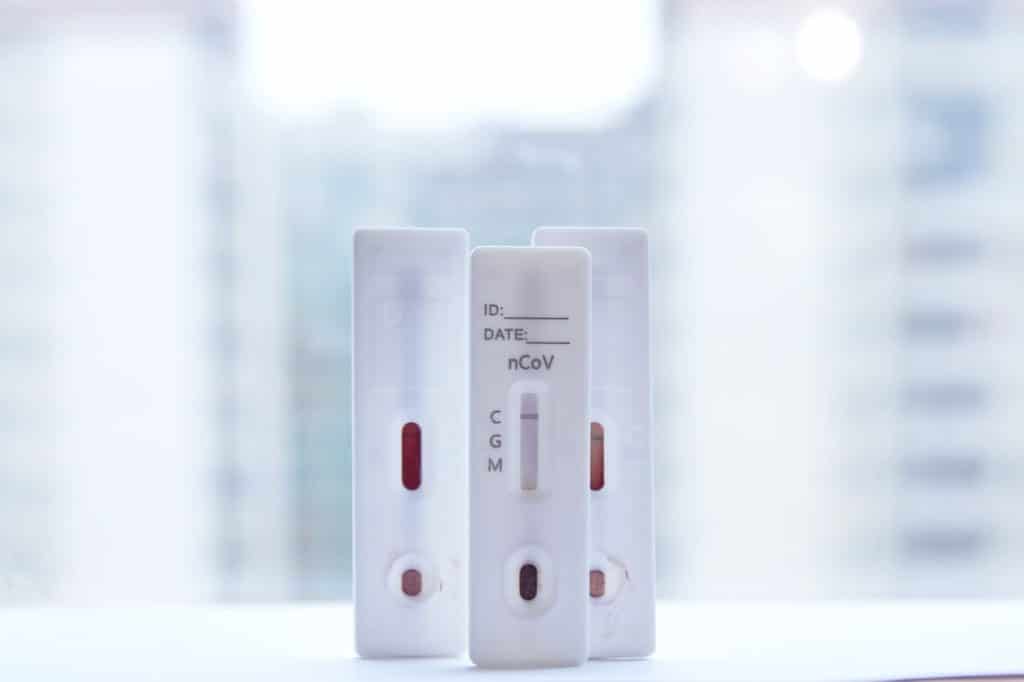Since the first known cases of COVID-19 struck the UK in the spring of 2020, the pandemic has transformed the workplace, with many businesses closing or asking their employees to work from home.
With the easing of restrictions, businesses have been reopening, and Suffolk businesses have been no exception, rising to meet the challenges of working through a pandemic. While many have welcomed the chance to get back to normal, others may be feeling anxious as the threat of illness lingers. The vaccination programme has done much to put minds at ease, but it does not completely negate the risk of catching COVID-19. Early detection is a key factor in preventing the spread of the virus, and by putting in a regular testing routine, staff can isolate if necessary. As well as detecting cases early, regular testing can also ease anxieties in the workplace, allowing everyone to focus on their work and enjoy being back.
Home testing
Providing employees with testing kits they can use away from work is ideal for preventing infections from entering the workplace. A rapid COVID-19 test such as those available from Matrix Diagnostics are straightforward to use and give results in just 15 minutes with an accuracy of 98.9% compared to laboratory PCR tests.
When setting up the routine, it’s a good idea to carry out the first tests in the workplace so that staff can support each other and you can be confident that everyone knows what to do. However, after this, staff should be able carry out the tests at home. It is a good idea to nominate the days you want your staff to test themselves, making it easy for them to remember, though an email reminder is also a good idea. Twice a week is currently recommended for testing, but this amount could be increased if you have any cases of COVID-19 among the workforce.
Clear guidance
Clear guidance is key to making the testing routine a success. As well as making sure that your staff know how to carry out the test, check that they know how to report their results and what they need to do in the event of a positive test. If they are feeling well, some employees might be unwilling to take a test as they fear loss of income if the test is positive. By providing reassurance in advance of what will happen if a worker needs to isolate, you will increase uptake in the testing. Reassurance you can offer could include full pay instead of sick pay and not counting these days in an absence record.
If one of your employees is unwilling to be tested, it is worth talking through their worries as very often you will find that you can address these concerns. Other options may be to continue to allow them to work from home if that suits your business.
Other measures
A testing routine is a key measure in preventing the spread of COVID-19, but it is not the only one. Maintaining good hygiene practices, continuing to wear masks if appropriate, and making it easy for your employees to take time off for vaccination are other steps that should be considered.

